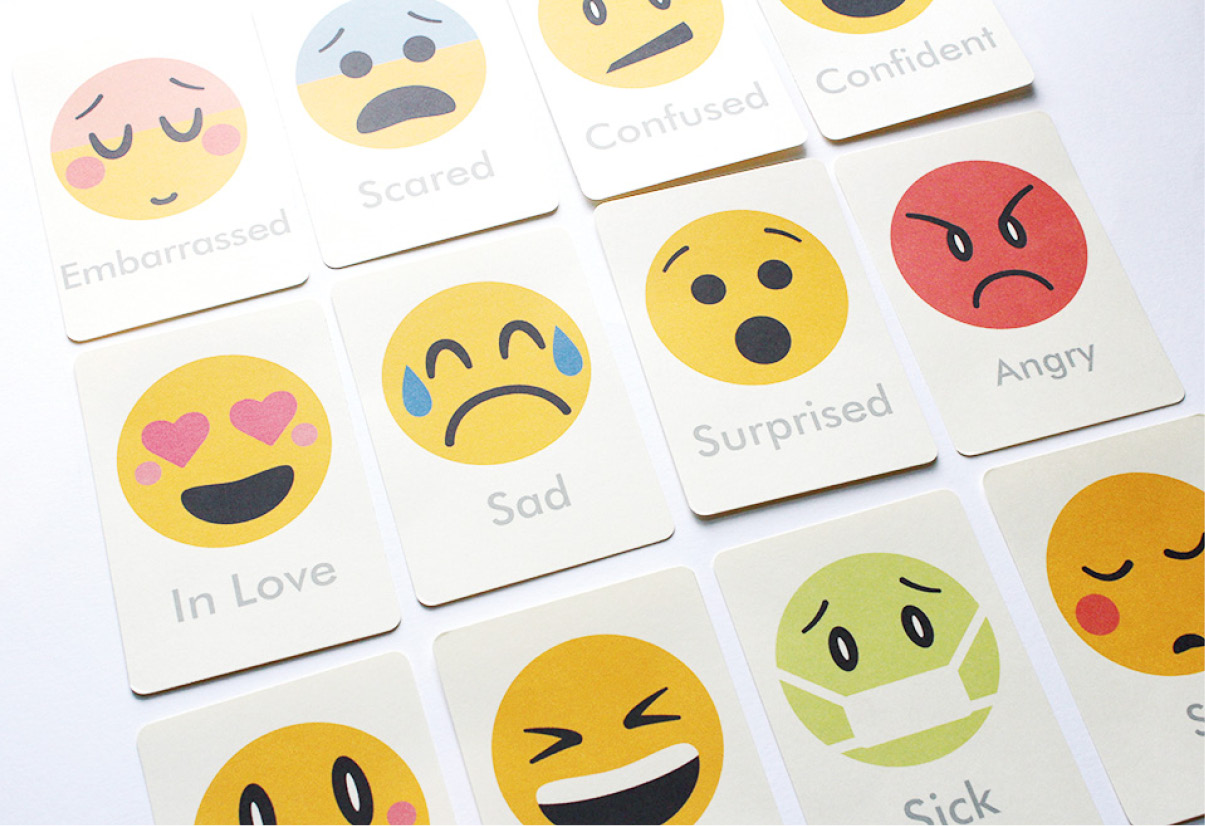Everyone knows keeping emotions in check isn’t always easy. But is it ever OK to express feelings of sadness or frustration on the job? According to a new survey from staffing firm Accountemps, more than four in 10 workers (45 percent) have admitted to crying at work. About the same proportion of CFOs (44 percent) said shedding tears is acceptable as long as it’s not an everyday occurrence.
Employees are harder on themselves than executives: 32 percent of workers compared to 26 percent of CFOs said crying is never acceptable at the office.
Workers and CFOs were asked, “How does crying at work impact your reputation?” Their responses:
|
Workers |
CFOs |
|
|
Crying is OK from time to time, but doing it too often can undermine career prospects |
38% |
44% |
|
Crying has no negative effect — it shows you’re human |
31% |
30% |
|
Crying is never OK at work — people will perceive you as weak or immature |
32% |
26% |
|
101%* |
100% |
*Responses do not total 100 percent due to rounding.
Workers were also asked, “Have you ever cried at work?” Their responses:
|
Yes |
45% |
|
No |
55% |
|
100% |
Additional findings:
- Workers age 55 and older are more likely to think crying doesn’t affect one’s reputation (43 percent) than those ages 35 to 54 (31 percent) and 18 to 34 (25 percent).
- More than half of employees (52 percent) have lost their temper on the job.
- Of those who admitted showing anger, 65 percent said their emotional outburst was directed toward a colleague; another 37 percent said it was aimed at their manager.
View an infographic on how emotions are perceived at work.
“We’re all human, and sometimes emotions can get the best of us,” said Michael Steinitz, executive director of Accountemps. “Workplace challenges are inevitable, but how you respond and move forward can demonstrate your professionalism, resilience and emotional intelligence.”
Steinitz added, “Thinking before reacting will not only help your professional reputation, but also show that you are considerate of your colleagues. Frequent emotional displays can be disruptive to coworkers and ultimately damage your work relationships.”
Here are five scenarios that can test even the coolest head and advice for handling each with professionalism and emotional intelligence:
- The overbearing boss — Your manager keeps a close eye on you and gives you little control over projects. This can cause more stress and decreased morale and productivity. Instead of becoming frustrated, set up a private meeting with your boss to discuss ways you can build trust and gain more independence.
- The combative coworker — You and your colleague keep butting heads on a business problem. Try to consider your coworker’s perspective. Hearing another point of view may help you both resolve the dispute more quickly.
- The innocent error — As soon as you hit “send” on an email to your boss, you realize you’ve made a mistake. Instead of yelling out in frustration and distracting others, keep a level head as you address the situation. Send a follow-up note or speak with your manager to apologize and correct the issue.
- The personal emergency — Private struggles, such as a family crisis or health concerns, are bound to affect your work life at some point in your career. Consider talking to your boss — without oversharing — and request scheduling flexibility or a personal leave. Being transparent can ultimately benefit you and your employer.
- The unbearable workload — Juggling too many tasks can lead to burnout. Instead of lashing out when your manager assigns you more work, meet to prioritize and possibly delegate projects to your teammates or temporary hires.
Thanks for reading CPA Practice Advisor!
Subscribe Already registered? Log In
Need more information? Read the FAQs




